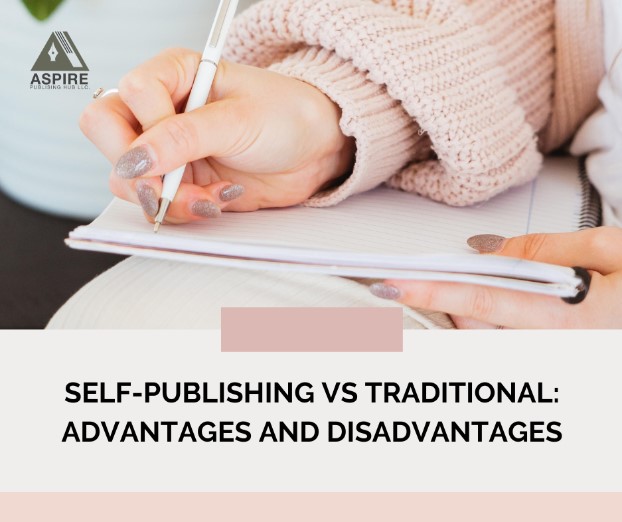Publishing is one of only a handful of industries with a lineage dating back centuries, yet in important respects, it remains on the frontlines of change. This alone would make it an exciting object of academic study, yet it is only the start of what is peculiar and valuable about this protean and influential industry.a
Trade publishing is the world of general-interest books, both fiction and non-fiction, that are written for a non-specialist readership and sold through the general retail trade, including retail chains such as Barnes & Noble in the USA and Waterstones in the UK, independent booksellers, and online retailers such as Amazon.
For many people, this is the world they think of first when they think of books and publishing; it is the public face of publishing. This world has changed since 1960 and explores four aspects of trade publishing that are particularly important for understanding it today:
- The value of author branding
- The relation between frontlist and backlist
- The role of marketing and publicity
- The challenges and opportunities created by the digital revolution
Why is it that people refer to it as “trade” publishing?
The term “the trade” is an industry term that refers to the vast distribution system of bookstores, libraries, and wholesalers that has developed in the United States over the past century. Large consumer publishers are referred to as “trade publishers” because the majority of their books have traditionally been sold through “the trade.”
What exactly is it that a trade publisher is responsible for?
Trade publishers frequently purchase the rights to publish and sell a book in their catalogs. They used to sell only through bookstores, but a significant portion of their business occurs on the internet these days. Some of the more modest business magazine publishers will collaborate with one of the “big five” to broaden their audience and increase sales.
The publishing sector plays an essential role in forming innovative cultural forms and trends, transmitting new scientific information, and efficiently operating contemporary educational institutions on a global scale. In light of this, publication is essential in today’s society. Journal publishers will be the first to attest that while the idea of a book is typically associated with publishing, this is by no means an all-inclusive description of the industry.
Generally, acquire rights to publish and sell books. Traditionally, they sell through physical bookshops, but ever more frequently, sales occur online. Among the trade press are the “big five” publishers, and often small publishers will partner with one of these to increase their distribution and promotion.
Publishing has a global significance because it pioneers new cultural forms and trends; it undergirds the public sphere and the production and dissemination of new scientific knowledge and enables modern education systems. Publishing has a structural role in society, then. However, defining publishing remains challenging, and while it is frequently associated with the concept of a book, this is by no means exhaustive of publishing, as journal publishers will attest.



